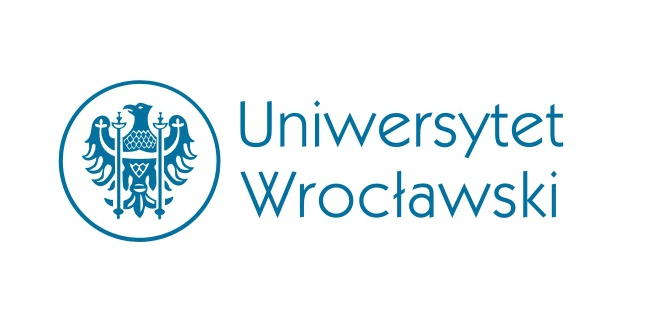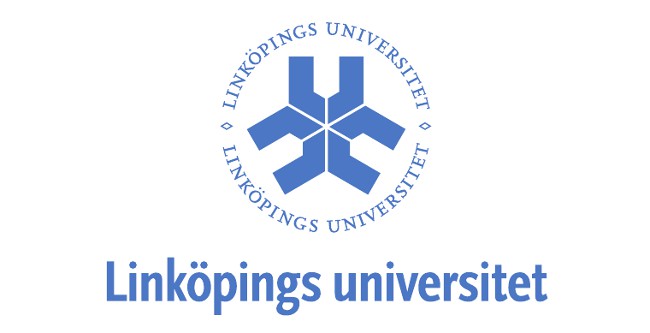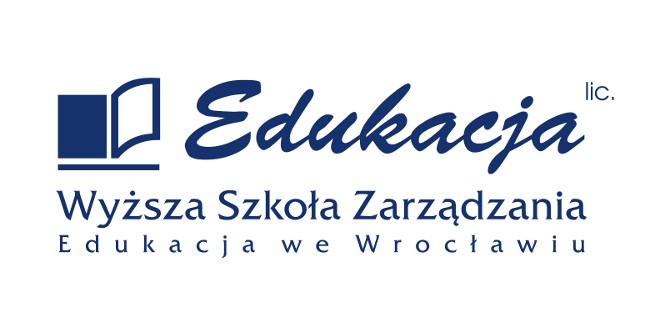






Wroclaw, Poland, November 25-27 2014
Conference Theme: Leveraging Information Technology for Education, Communications, Marketing and Management
Organizers: University of Wrocław, Poland, Linköping University, Sweden, and The College of Management "Edukacja", Poland
under the patronage of
|
Communication is increasingly at the center of human activity and crucial to the success of individual professionals and their organizations. Moreover, communication in various organizations (companies, schools, etc.) encompasses all the means, both formal and informal, by which information is conveyed. These various modes of communication may be exploited to disseminate official information between parties, to exchange hearsay and rumors, or anything in between. The challenge for businesses, pedagogy and linguistics is to channel these myriad communications so they serve to improve relations, bolster individual satisfaction, build knowledge-sharing throughout the organization, and most importantly, enhance mutual understanding.
Dynamic transformations of different living spaces, an enormous spatial mobility of the Global Village inhabitants, multitude and omnipresence of modern social communication media require a responsible critical and rational attitude, gaining and permanent competence improvement in the sphere of information receiving and communicating on individual and group levels. Ability of gaining the agreement is both a condition for individual well-being and also integration on the level of groups, societies and cultures. Charles Cooley claimed that “There is not a single society that could exist beyond people’s comprehension; there are not any individuals that wouldn’t be formed by society. This particular unity is generated within the processes of interaction and interpersonal communication.” When the functional relation of any number of people is generated that every social group is, so then in a natural way the necessity of exchange appears; the exchange of thoughts, ideas, needs, expectations, meaning agreements and values by using communication codes that already exist or are just being formed. Mutual agreement may play the role of a certain binder keeping up interpersonal relations. It makes a favorable climate for crossing ethnocentric limitations, finally enables a multi-subjected action. Starting from primal natural educational environments that family and local habitat are, through the social groups and environments connected with education and work, up to intercultural relations, success of communication depends on the ability of meaning reading that the partners assign to certain things, phenomenon, and events.
4. Creativity in The Economy of Tourism
For further information see: Discussion panels |
Conference Co-Chairs |
|||
|
Department of Pedagogy, University of Wrocław, Poland
|
Linköping University, Sweden |
|
||
|
Honorary Committee Marek Lewandowski, Rector of College of Management " Edukacja", Poland Anna Oleszkowicz, Rector of Institute of Psychology of University of Wrocław, Poland Alicja Szerląg,Rector of Institute of Pedagogy, University of Wrocław, Poland
Stanisław Wrycza, Head of the Department of Information Systems at the University of Gdansk, Poland and President of The Polish Chapter of Association for Information Systems
Programme Co-Chairs Wojciech Piotrowicz, University of Oxford, UK William J. Sullivan, University of Florida, USA and Maria Curie Skłodowska University in Lublin, Poland Mieczysław Leniartek, College of Management "Edukacja", Poland
|
||||
|
Conference Secretaries |
||||
|
|
|
|
||
|
Teresa Bogacz |
Joanna Przerywacz-Orzechowska |
|||